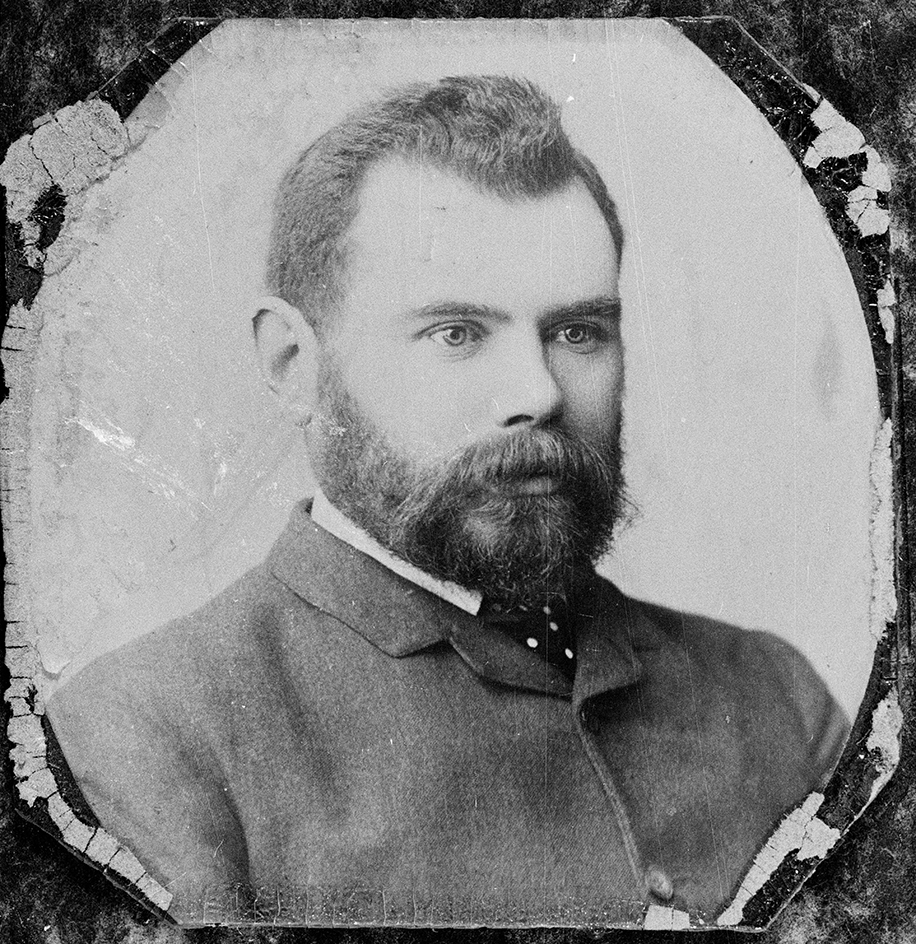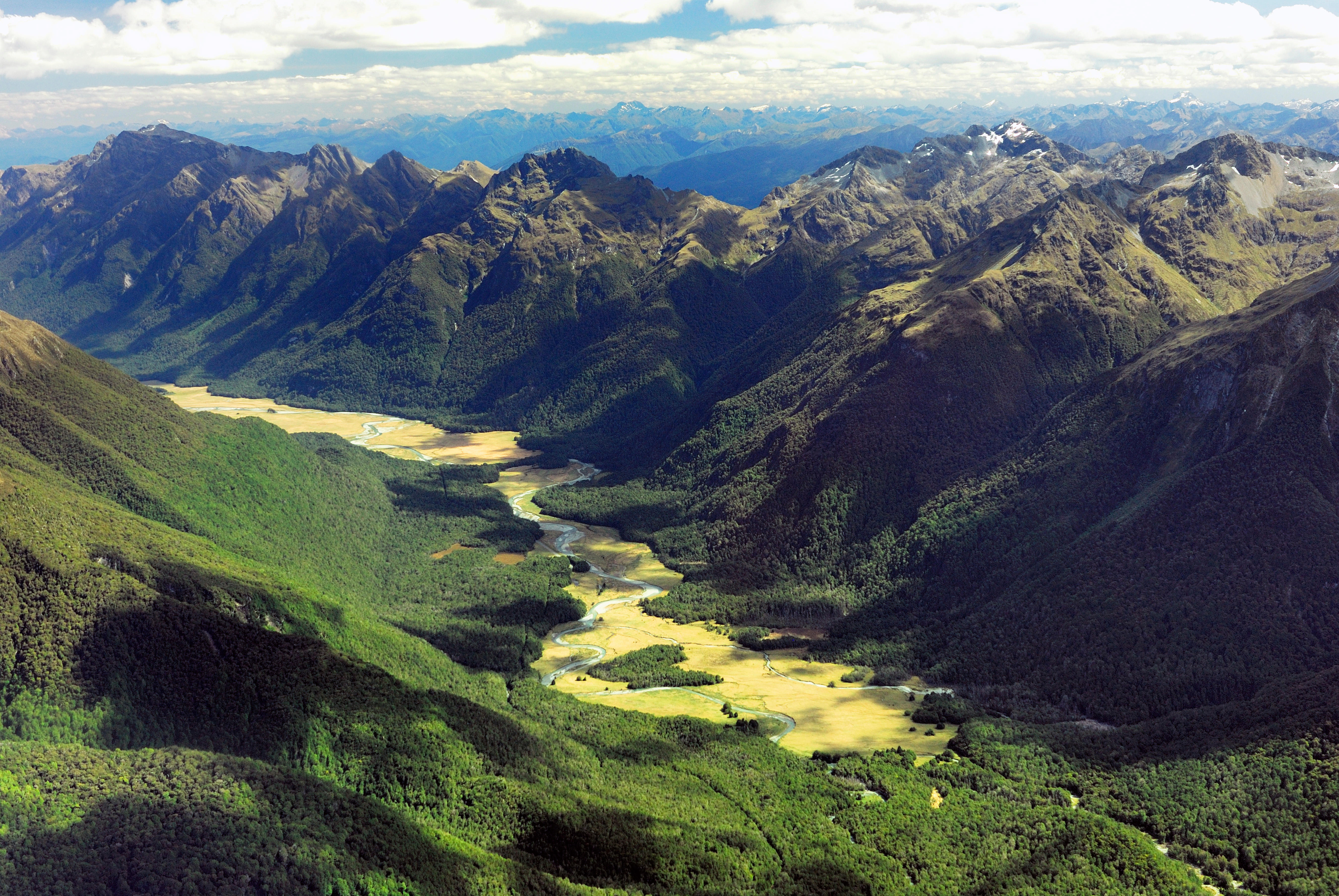Mackenzie, Thomas (1853-1930), was a Scottish-born explorer and politician who briefly served as prime minister of New Zealand in 1912. He later served as high commissioner for New Zealand in the United Kingdom, the highest diplomatic office representing New Zealand in the United Kingdom.
Early life and family.
Thomas Noble Mackenzie was born in Edinburgh, Scotland, on March 10, 1853. In 1858, his family moved to Dunedin, in the South Island of New Zealand. Mackenzie left school in his early teens and began working in mercantile firms. In his early twenties, he began exploring the lower North Island as a land surveyor. In 1877, he entered business as a storekeeper in Balclutha, in the South Island. 
On Sept. 24, 1884, Mackenzie married Ida Henrietta Nantes (1851-1926), from Geelong, Victoria, in what is now Australia. Thomas and Ida had seven children—five boys and two girls.
Entry into politics.
From 1881 to 1887, Thomas Mackenzie served on the Balclutha Borough Council. In 1887, he was elected to the House of Representatives, which at that time was one of the two houses of New Zealand’s Parliament. He represented Clutha District, of which Balclutha was the administrative center. As a legislator, Mackenzie opposed protectionism, which involves imposing high tariffs on imported goods in order to help domestic business. Mackenzie believed such policies were not in the best interests of farmers.
Mackenzie was a passionate outdoorsman. He explored much of the Fiordland region, and in the 1890’s, he proposed establishing a national park there. Fiordland National Park was eventually created in 1952. Mackenzie also argued for the protection of seals and native species of birds. These positions were unpopular politically. Many politicians at the time viewed the wild areas of New Zealand as obstacles to development. 
In 1896, Mackenzie stepped down from the House of Representatives. He moved to London, where he worked as a marketing agent for several New Zealand farmers’ cooperatives. He also worked to establish quality control for meat and dairy exports from New Zealand and to acquire better shipping and insurance rates for New Zealand exporters. In 1898, Mackenzie became a fellow of the Royal Geographical Society, a British organization for geographical education and discovery.
In 1900, Mackenzie returned to New Zealand and quickly reentered politics. That year, he was elected to represent the Waihemo district in the House of Representatives. In 1902, he represented Waikouaiti, and in 1908, he represented Taieri. From 1901 to 1905, he also served as mayor of Roslyn, a suburb of Dunedin. New Zealand became a dominion, a self-governing country within the British Empire, in 1907.
In 1908, Mackenzie joined the Liberal Party, New Zealand’s first stable, nationwide political party. In 1909, he served as minister of agriculture, minister in charge of tourism, and minister of industries and commerce under Prime Minister Joseph Ward. In 1911, Mackenzie transferred to the Egmont seat in the House, representing the North Island for the first time in his career.
The Liberals failed to win a majority of seats in the December 1911 election. They held onto power, but their support in Parliament was weak. On March 28, Ward stepped down as prime minister and Mackenzie took office. Ward hoped that Mackenzie could build more support for the party. In July, the Liberals lost a confidence vote in Parliament. In such a vote, Parliament decides whether to support a matter of importance to the prime minister’s program. Mackenzie then resigned as prime minister on July 10. William Massey, leader of the Reform Party, replaced him.
Later career.
Mackenzie stepped down from the House in August 1912. That month, he was appointed to the diplomatic post of high commissioner for New Zealand in the United Kingdom, and he returned to London. In 1916, Thomas Mackenzie was made a Knight Commander of the Order of St. Michael and St. George. He was promoted to Knight Grand Cross of that order in 1920.
Mackenzie’s son Clutha served in the Australian and New Zealand Army Corps (ANZAC) and was blinded during the campaign at Gallipoli during World War I (1914-1918). The young man became an advocate for the rights of blind people. In 1919, Thomas Mackenzie served as a delegate to the Paris Peace Conference, at which the Treaty of Versailles was signed, officially ending military actions against Germany in World War I (see Versailles, Treaty of ).
In 1921, Mackenzie returned to New Zealand. He was appointed to the Legislative Council, which at that time was the second house of New Zealand’s Parliament. He used the position to further promote the conservation of New Zealand’s native animals. He was reappointed to the Legislative Council in 1928. Mackenzie died in Dunedin on Feb. 4, 1930.
